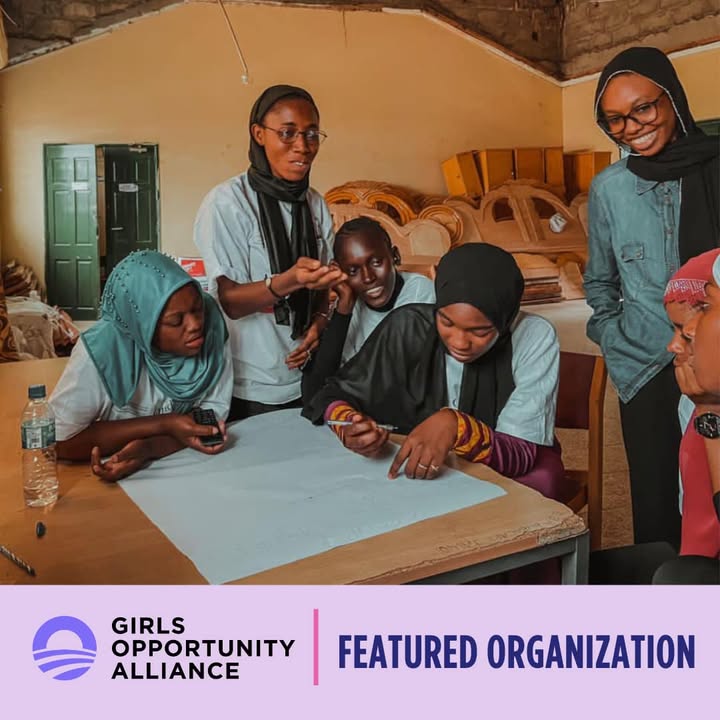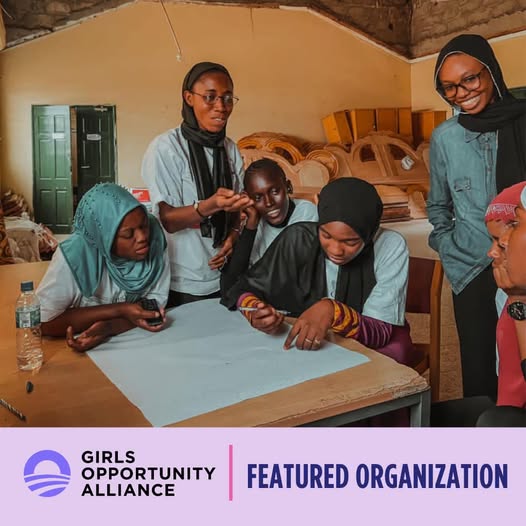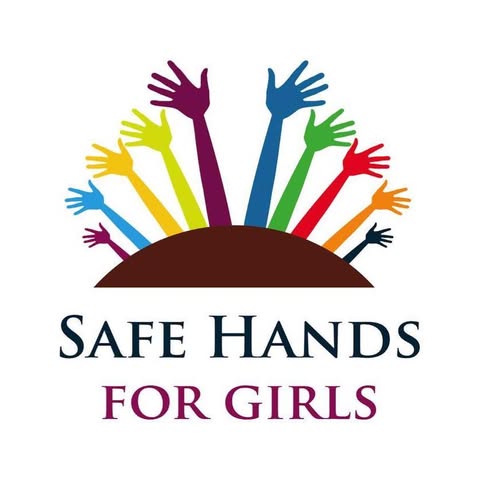
SAFE HANDS FOR GIRLS
Focused on protecting young girls and women from the practice of Female Genital Mutilation in all it Safe Hands for Girls was established in Atlanta in 2013 by Jaha Dukureh, a young Gambian woman who had relocated to the U.S., to provide emotional and practical support to refugee and immigrant women -- FGM survivors-- from The Gambia and other African countries. Safe Hands quickly expanded its outreach to include adolescents and young women in their schools, reaching over 100 women and girls in the first year, and to train physicians on sensitive care for FGM survivors. Between 2013 and 2016, Safe Hands for Girls' achievements include the following:• Advocated successfully in 2014-2015 for legislation making FGM illegal in The Gambia. In 2016, child marriage, which is closely associated with FGM, was outlawed.• In early 2014, launched a petition signed by over 221,000 people, calling on the U.S. government to determine the prevalence of FGM in the U.S. That June, Safe Hands for Girls gave testimony before members of the House of Representatives. In January 2016, the CDC published the research showing that 503,000 women and girls in the U.S. are survivors or at risk of FGM. • Organized the first National Islamic Conference on FGM in The Gambia in January 2016. A• In December 2016, co-hosted the first U.S. Summit to End FGM with Equality Now in Washington, D.C., with the goals of 1) advancing the U.S. commitment to end the practice and 2) bringing together activists, civil society and government leaders to share best practices and to launch the ongoing U.S. Network to End FGM. Over 200 participants from 25 countries attended.In 2014, Safe Hands for Girls was incorporated in Georgia as a nonprofit organization with IRS 501(c)(3) status. In 2015 the organization received a certificate of incorporation as a charitable organization in The Gambia.In 2016 Jaha Dukureh was named to the Time 100 Most Influential list, a recognition which has brought significant new attention to FGM and Safe Hands for Girls. She was a spokesperson for The Guardian's Global Campaign to End FGM from 2014 until 2016.Safe Hands for Girls currently operates communications and advocacy programs in the U.S., and direct services programs in metropolitan Atlanta, Georgia. At the national level in The Gambia, we advocate for law enforcement and national plans of action. At the local level, we are expanding our education and advocacy programs into all six regions of the country. In Georgia, we are operating support programs for refugee and immigrant women and girls who are affected by or at risk of FGM. Between 2004 and 2015, over additional 28,000 refugees and immigrants resettled in Georgia. This population, which has low incomes, insufficient resources and lacks access to services, is highly concentrated in the metro Atlanta town of Clarkston, now home to people from Eritrea, Ethiopia, Senegal, Gambia and Somalia, all countries with a very high FGM prevalence. Working with the nonprofit Population Council, we have surveyed families from these countries to understand the number of girls between the ages of 7 and 24 in need of services.In The Gambia, our programs focus on educating young people and on advocacy and awareness building for the general population. The Gambia's population is 1.8 million (2013 census) and slightly over 50% female. Over 76% of women and girls have undergone FGM and face a range of physical and mental health consequences. The population is almost equally divided between urban and rural areas. According to the UN, the GDP per capita as of 2014 is $441.3 and according to a 2015 Unicef report, the school enrollment rate in urban areas is 97% but as low as 63% in some rural areas. The school completion rate for girls is only 74%, compared to boys. The most important initiative in The Gambia is our investment in youth education and youth leadership. In 2016, with the agreement and guidance of the Ministry of Education, we made presentations to 1,500 students, ages 13-17, in selected basic schools and all secondary schools in the Banjul region. We provided information to all students on the health effects of FGM and how they can become change agents in their own communities. Age-appropriate content included the health effects of FGM, legal issues, and child protection laws. Out of this school outreach, we building a youth-led movement to engage young people to become leaders in the campaign to end FGM and change agents in their communities.We also operate an Information Booth Campaign and our team of staff and volunteers travels to towns and villages in the regions and sets up these information booths in the heart of the community, to inform members of the public about the harmful effects of FGM.The mission has evolved to include other forms of gender-based violence and abuses of women's rights and to place FGM in the context of women's educational and economic. Beginning in 2017, Safe Hands is expanding into other countries in west Africa with high FGM prevalence.

Founded
2014
4900
Web
Sign in to see organisation website
Address
Atlanta
Safe Hands | Protecting Girls & Enabling Economic Empowerment for Women Protecting Girls Enabling Economic Empowerment for Women It is only through the economic empowerment of women in rural areas that abusive practices such as FGM can be driven out of society Jaha DukurehExecutive Director Safe Hands for Girls Regenerative Hubs Regenerative Hubs is Safe Hands for Girls new program to enable womens economic empowerment through regenerative agriculture. Regenerative Hubs has brought together a team of global experts in regenerative agriculture to help implement our first agroforestry projects in The Gambia and Ghana with the aim of enabling women farmers to become economically selfreliant and to safeguard the environment for their children and future generations. SAFE Schools Safe Hands for Girls has been running a successful after school program in the Gambia and Atlanta Georgia since 2013. Our program concentrates on educating girls about FGM child marriage and teen pregnancy.
From Social media
News about from their social media (Facebook and X).
Safe Hands for Girls has been recognized by the @GirlsAlliance, a program of the @ObamaFoundation, and will receive funding & organizational support to reach even more girls. Together, we will help every girl get the opportunities she deserves. The Girls Opportunity Alliance Fund will support SHfG’s education and economic empowerment program in The Gambia.
Like Comment
Safe Hands for Girls has been recognized by the @GirlsAlliance, a program of the @ObamaFoundation, and will receive funding & organizational support to reach even more girls. Together, we will help every girl get the opportunities she deserves. The Girls Opportunity Alliance Fund will support SHfG’s education and economic empowerment program in The Gambia.
Like Comment
Data about organisation
Health Support Services Category
Organisations with similar rank to SAFE HANDS FOR GIRLS in category Health Support Services

317. PEDIATRIC ORTHOPEDIC PROJECT INC
Nonprofit dedicated to providing orthopedic care in the developing world.
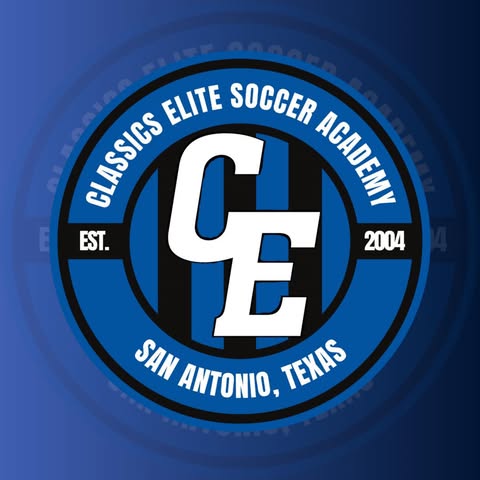
318. Classics Elite Soccer Academy Inc
📍 San Antonio, TX ⚽️ Full Player Development Pathway from Rec to Pro 🤝 Alliance w/ Lonestar SAFC ⭐️ Proud member of ECNL Girls.

Focused on protecting young girls and women from the practice of Female Genital Mutilation in all it.
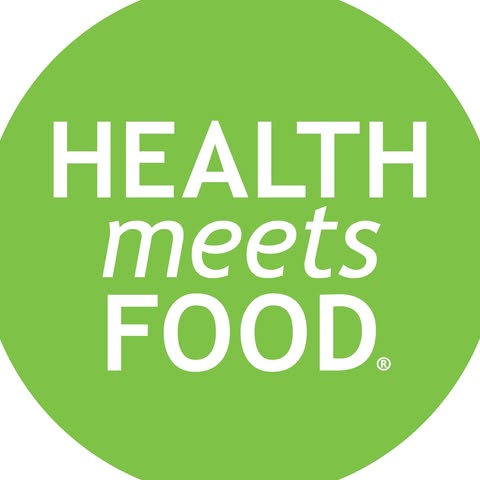
320. Culinary Medicine Specialist Board
The American College of Culinary Medicine is a non-profit focused on Culinary Medicine education.

Founded in 1993, MedWish International is a nonprofit that saves lives and the environment.
Atlanta
Organisations from SAFE HANDS FOR GIRLS
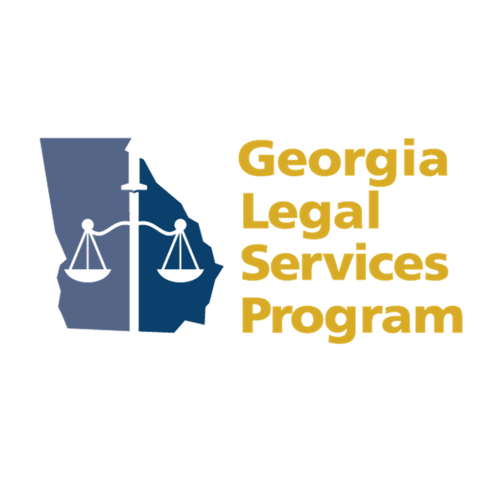
409. Georgia Legal Services Program Inc
The mission of the Georgia Legal Services Program is to provide access to justice and opportunities out of poverty for Georgians with low-incomes.

Focused on protecting young girls and women from the practice of Female Genital Mutilation in all it.
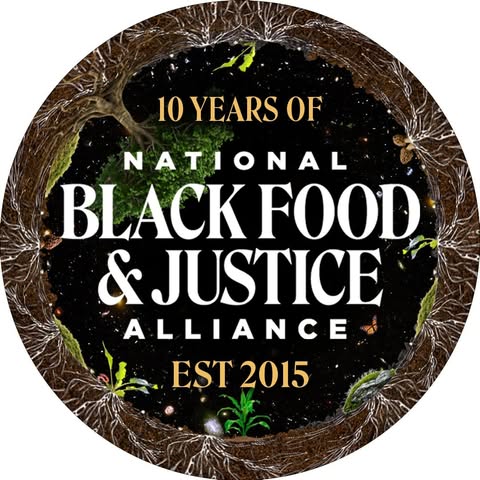
412. National Black Food and Justice Alliance
A coalition of Black food justice orgs and farms working towards food sovereignty & land justice.
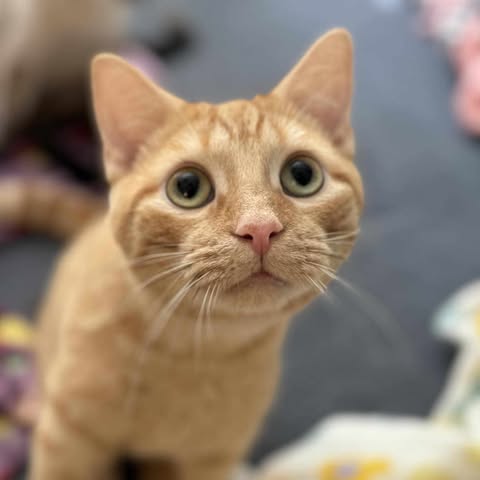
413. Southern Animal Rescue Inc
ATLANTA, GA - Southern Animal Rescue saves homeless dogs and cats, gives them proper medical care, and finds them loving permanent homes.
Similar organisations
Similar organisations to SAFE HANDS FOR GIRLS based on mission, location, activites.
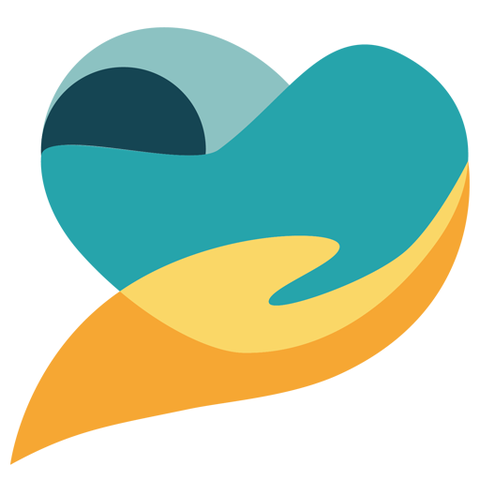
Liyah Premature Infant Care Organization Inc
This 501c3 focuses on educating professionals, parents and individuals in deprived communities about premature infant care.
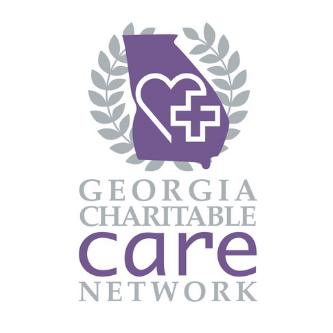
GEORGIA CHARITABLE CARE NETWORK INC
The mission of the Georgia Charitable Care Network is to build collaborative partnerships that delive.
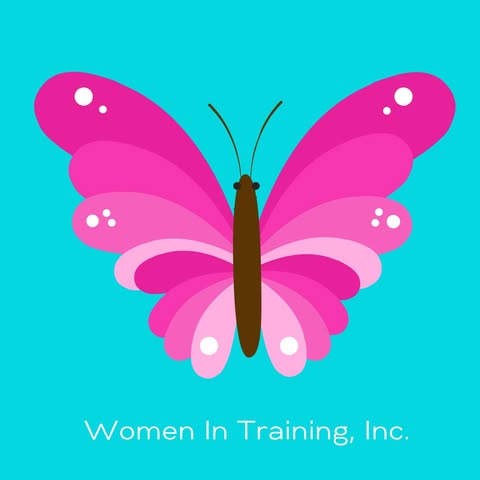
Women in Training, Inc.
Similar Organisations Worldwide
Organisations in the world similar to SAFE HANDS FOR GIRLS.

Helping young women escaping fgm,early marriage and/or poverty to earn money and independence.

TE-KWORO FOUNDATION AUSTRALIA LTD (au)
Te-Kworo Foundation empowers women and children in northern Uganda through education, maternal healthcare, child protection, and livelihood support.

The Rights Of Girls Initiative Ltd (au)
This year three million young girls will suffer lifetime damage through ‘cutting’ - shockingly painfu.

Free To Shine is a child protection organisation that prevents school-aged girls being trafficked.
Interesting nearby
Interesting organisations close by to residence of SAFE HANDS FOR GIRLS

Focused on protecting young girls and women from the practice of Female Genital Mutilation in all it.
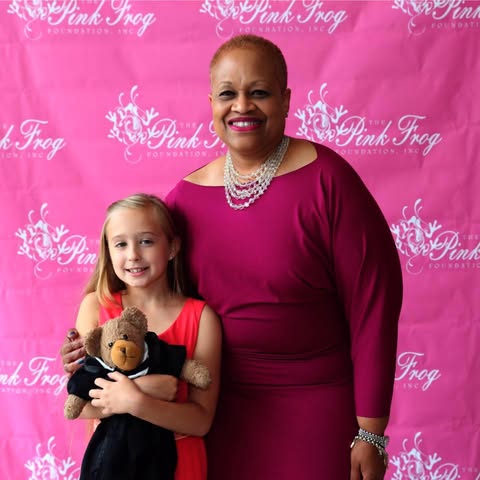
THE PINK FROG FOUNDATION, INC.
The Pink Frog Foundation, Inc.
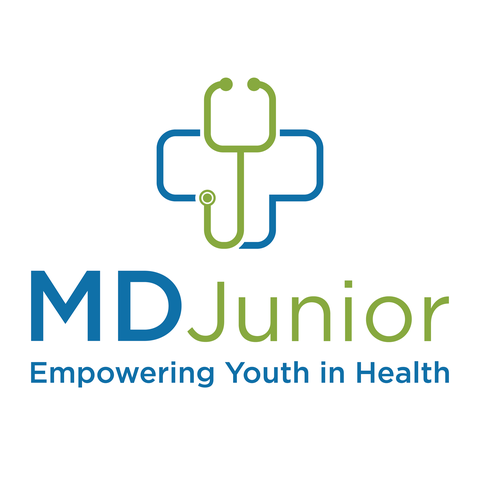
MDJunior empowers youth in health.
Similar social media (4900)
Organisations with similar social media impact to SAFE HANDS FOR GIRLS

Legacy Athletics offers tumbling, cheerleading, preschool, and ninja.
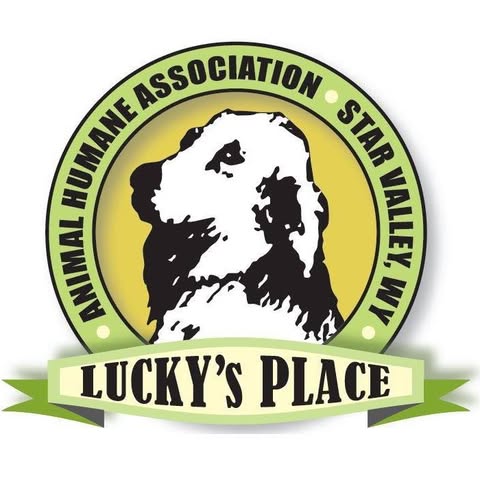
81780. Animal Humane Association of Star Valley Inc
AHASV provides a safe environment for the lost, abandoned, and homeless animals of Star Valley.

Focused on protecting young girls and women from the practice of Female Genital Mutilation in all it.

Crosswinds Counseling provides evidence-based counseling for individuals of all ages, couples, and families.
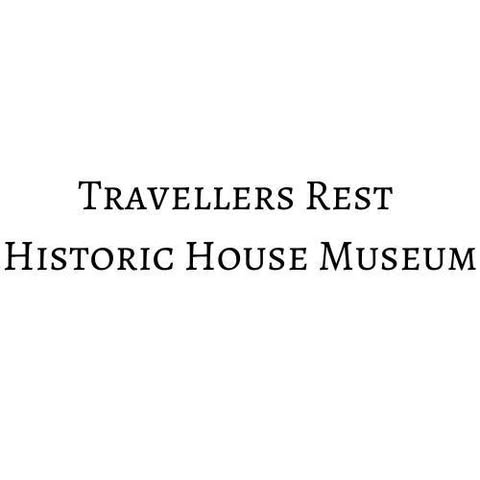
81783. National Society of the Colonial Dames of America in Tenn
The 1799 home of John Overton, Nashville's oldest house museum open to the public.
Join us and make a difference for the future!
Sign Up
Please fill in your information. Everything is free, we might contact you with updates (but cancel any time!)
Sign in with GoogleOr
Good News
Exciting advancements in Operational Technology Security signal a brighter future for industries in the Czech Republic, enhancing safety and innovation for all! #GoodNews #Cybersecurity
Operational Technology (OT) Security Market Recent Trends, Growth, Size, Share, Top Companies, Future Development & Forecast - 2030
Barchart.com
Like Comment"🌟 Exciting news in women's mental health! Experts are advocating for postpartum psychosis to be recognized as a distinct mental illness. This is a crucial step toward better treatment and support for new mothers. Let's spread awareness! 🤰💚 #MentalHealthMatters #PostpartumPsychosis"
Experts present scientific evidence to support classification of postpartum psychosis as a distinct disease
Medical Xpress - Medical and Health News
Like Comment🌟 Amidst the challenges we face, it's inspiring to see dedicated officers like Myesha Banks acting swiftly to ensure public safety. Her quick response at Atlanta airport serves as a reminder of the heroes among us. Let's celebrate those who protect and serve our communities! 💙 #GoodNews #CommunityHeroes
An apparent thwarted attack at the world's busiest airport highlights ongoing security risks
CNN International
Like Comment